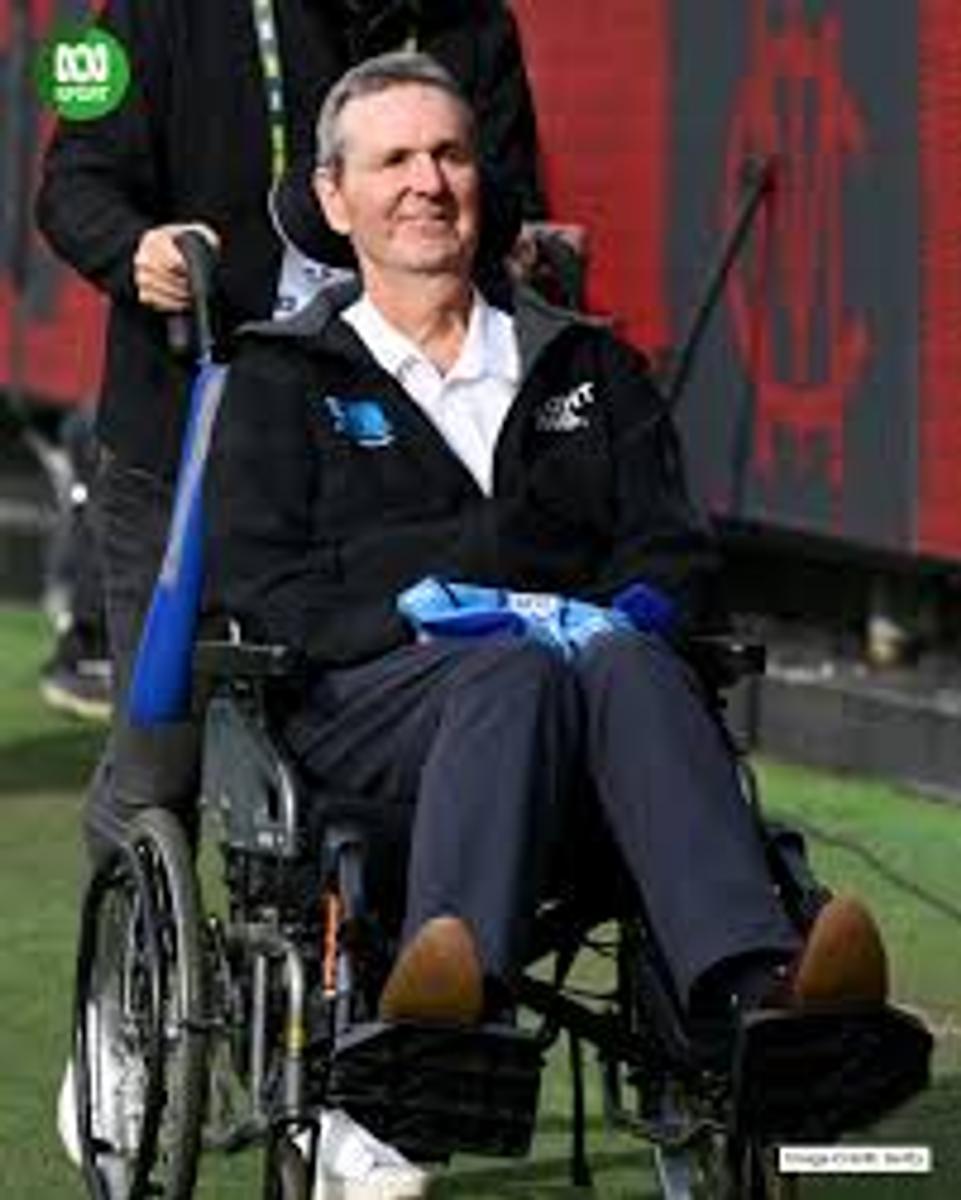Junior School Principal Report
Nicholas Mammoliti

Junior School Principal Report
Nicholas Mammoliti


As the end of term approaches, it's the first opportunity for our Year 9 group to sit exams. Exams run slightly differently at Year 9 than in senior school as we attempt to fit into our normal 5 period day.
As can be seen we are building in some private study, but the students should be completing their own preparation at home which could look like: Concept Maps, Questions, Reading of poems. Please work with your child by creating a workspace at home and pushing them to complete preparation. Adam Given will be sending out an email with all of the resources needed to support in your understanding of what can be done to help.
Please note City Experience information evening is being held online Thursday June 19. Please see the email from Adam Given with details of how to join.
| Wednesday 25th June 2025 | Thursday 26th June 2025 | |
| Period 1 | Private Study: 8:40am-9am English Exam: 9am – 10:40am (10 minutes reading, 90 minutes writing). | Private Study: 8:40am-9:30am Maths Exam (Reading Time): 9:30am – 9:40am (10 minutes) |
| Period 2 | English Exam: Concludes at the end of the period (10:40am). | Maths Exam (Writing Time): 9:40am – 10:40am (1 Hour) |
| Period 3 | Private Study: 11:15am-12:10pm).Science Exam (Reading Time) = 12:10pm-12:15pm (5 minutes) | Private Study: 11:15am-12:10pmHumanities Exam (Reading Time) = 12:10pm-12:15pm (5 minutes) |
| Period 4 | Science Exam (1 hr Writing Time): 12:15pm – 1:15pm | Humanities Exam (Writing Time): 12:15pm – 1:15pm (1 hour) |
| Period 5 | City Experience Planning Session: 1:57pm – 2:57pm | City Experience Planning Session: 1:57pm – 2:57pm |
Through our mentor program at Year 7 and 8, we've been exploring the concept of our school value resilience, and what better example than the remarkable story of Neil Daniher.
Neil has shown incredible strength in the face of adversity, after being diagnosed with Motor Neuron Disease (MND) in 2014.
Neil’s personal journey is a testament to resilience. Despite the challenges of living with MND and been given 2yrs to live, he has remained focused on his mission to raise awareness and fund vital research. One of the most inspiring aspects of Neil’s story is his involvement in the Big Freeze campaign, which I'm sure you would've seen on Monday.
What makes Neil’s story so powerful is not just his courage in the face of his diagnosis, but his ability to turn personal hardship into a force for positive change.
For our Year 7 and 8 students, Neil Daniher’s story is a true example of resilience.
It shows us that resilience is about facing difficult circumstances head-on, pushing through obstacles, and continuing to fight for what’s important. Whether it's through physical challenges, like the Big Freeze, or personal struggles, resilience teaches us to never give up—no matter how tough things get.
Our students used that knowledge to create a Y chart where they were challenged to think of what resilience looks like, feels like and sounds like.



